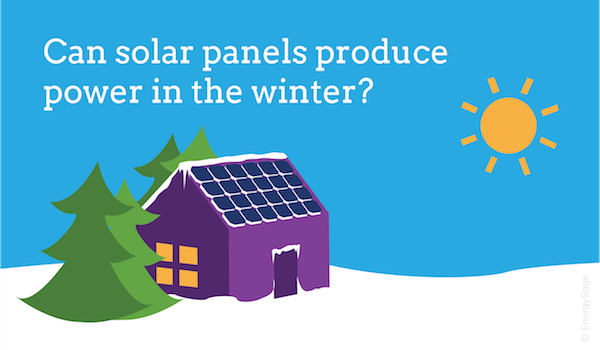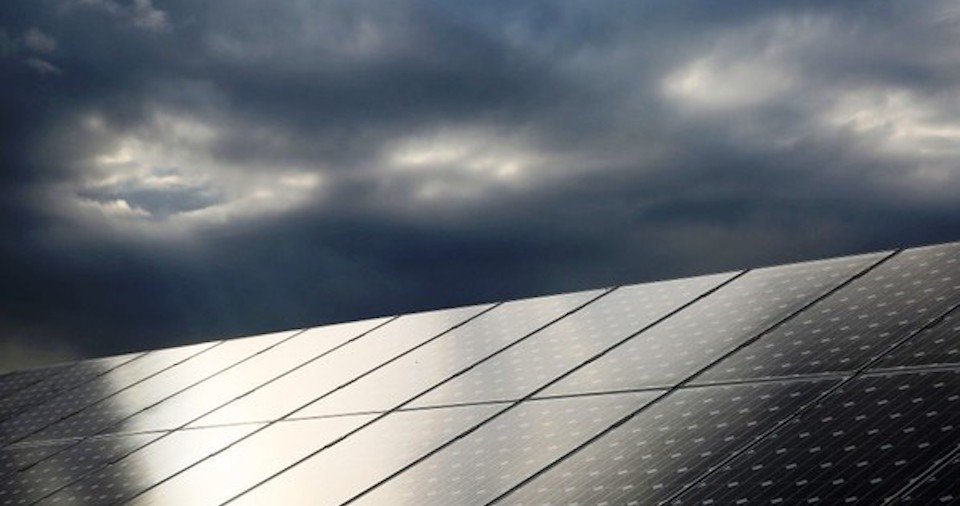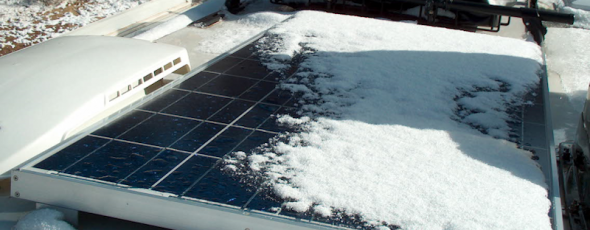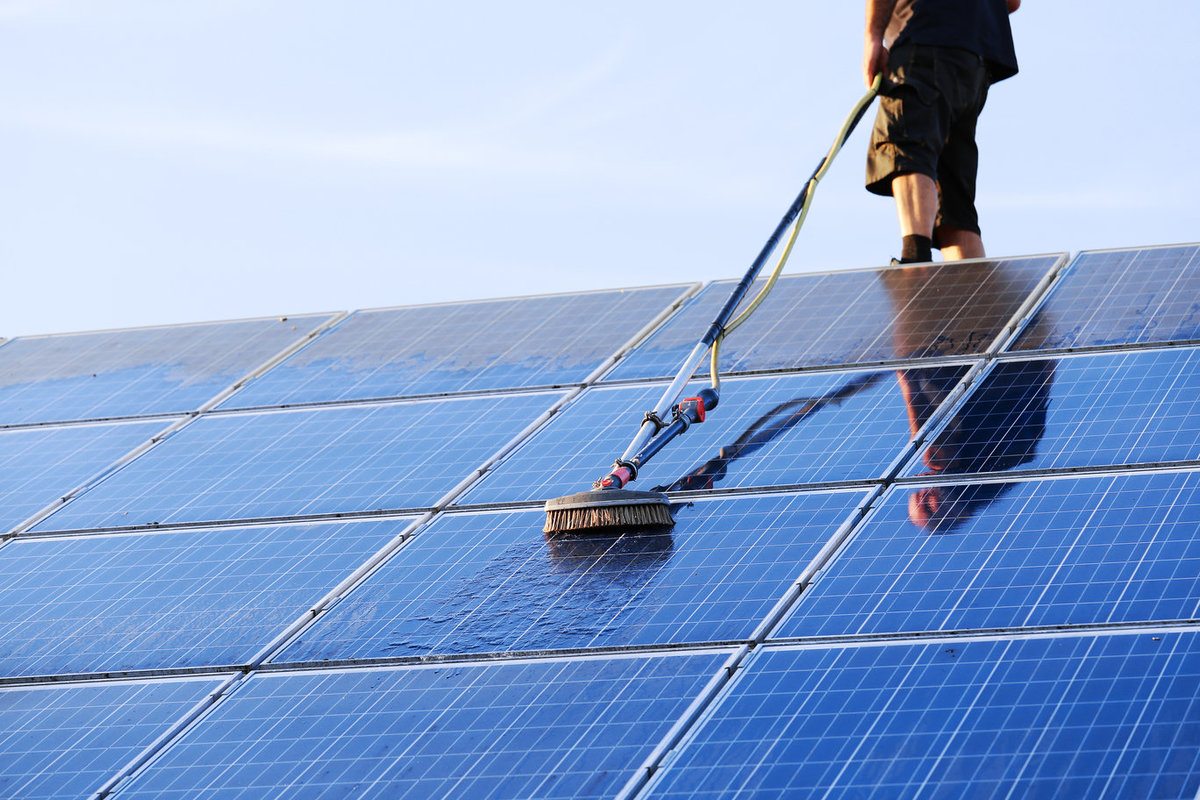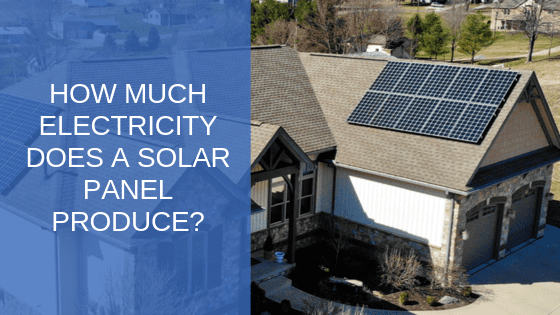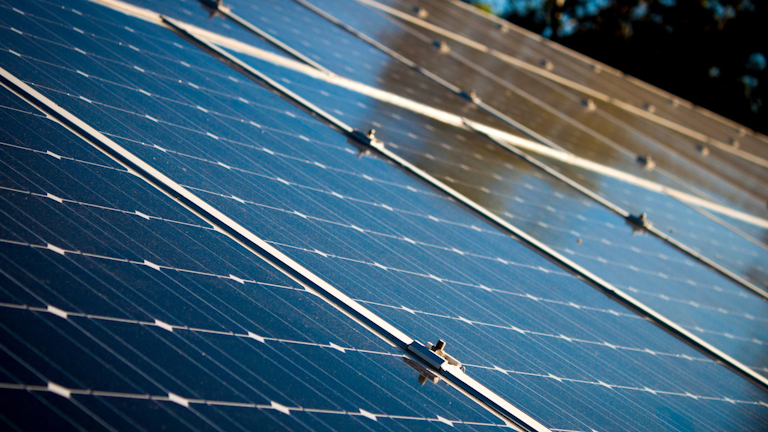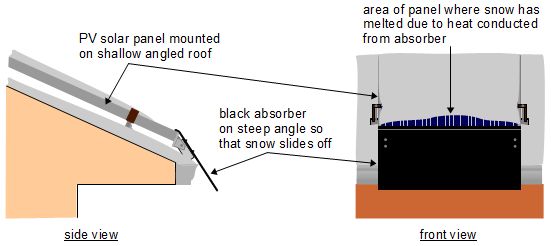Do Solar Panels Work Covered In Snow

Installing your solar panels on a south facing roof not only ensures you ll see the best energy production as the panels face directly towards the sun but snow will also melt faster.
Do solar panels work covered in snow. A key concern when using solar panels in canada is the fact that accumulated snow can block the rays of the sun from reaching the photo voltaic cells inside of the panels. In reality light snowfall will slide right off the slick surface of solar panels when they are installed on a typical pitched rooftop. Do solar panels work in the winter. The good news is that snow rarely affects solar panel performance in real world conditions.
That day her panels were producing about 60 of what they could bring in on typical june day. Even when solar panels are completely covered by snow they can still generate electricity. Snow covered part of her roof all of her neighbor s roof but none of her solar panels. If your solar panels are covered in snow you might get no power output even on a sunny day.
Solar panels need sunlight to produce power so if your solar panels are covered in snow they will not generate electricity. Solar panels actually work better in the cold because lower temperatures mean lower electrical resistance. If your panels are covered with a thick layer of snow then no they will not generate energy. Normal weather variations like cloud cover has a larger impact on solar panel efficiency than snow does.
Here are the factors that minimize or altogether cancel out the negative impact of snow on solar panels. Many canadians are concerned about solar panels working in the snow or cold. Most panels are tilted at an angle so snow will slide off on its own. Heavy snow can limit the amount of energy produced by solar panels but light is still able to move through the snow and forward scattering brings more light to the solar cells than one might expect.
This also means that when the sun rises the snow can easily melt and slide off. Most solar panels are installed at an angle and face the sun which helps the panels to absorb solar energy. But if it s snowing you re going to have heavy cloud cover and not much light. Solar panels are usually installed at an angle which.
Even though the panels will be covered with snow the dark black and blue will absorb the heat from the sunlight and encourage the snow to melt faster than if.
